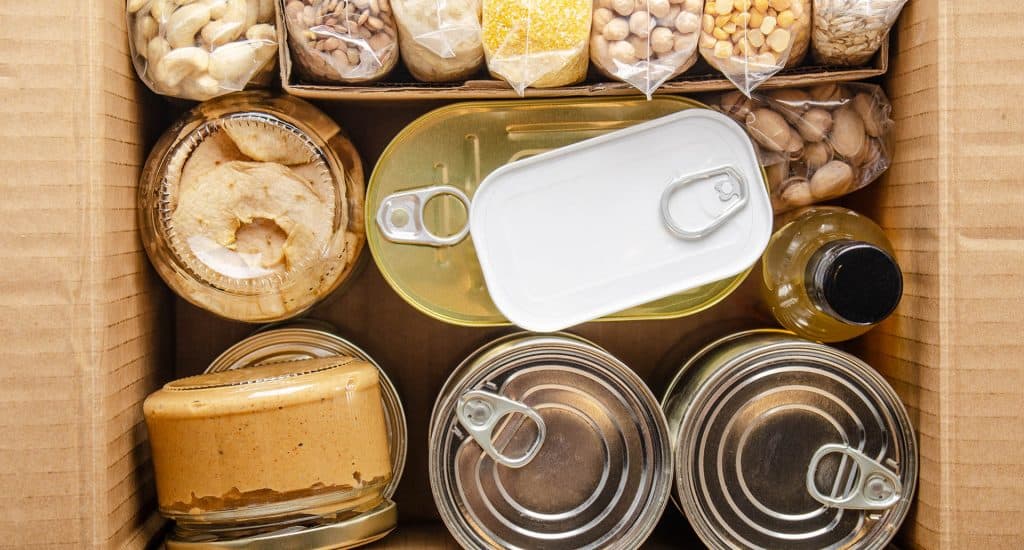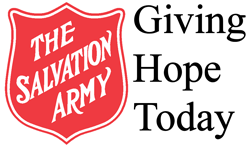Food Bank
Last year, The Salvation Army food banks assisted close to 1.5 million men, women and children.

It’s hard to imagine what it’s like to have to turn to a food bank, soup kitchen or school feeding program in order to have a meal. But for too many Canadians, it is a reality they face day in and day out.
Last year, 3.9 million free meals were served at The Salvation Army shelters and feeding programs. Guests include families with children, employed people whose low wages don’t cover basic living essentials, individuals on social assistance, and Canadians living on a fixed income, which includes seniors and people with disabilities.
Last year, The Salvation Army food banks assisted close to 1.5 million men, women and children.
According to Food Banks Canada, each month, more than 1 million people turn to food banks for help and more than one-third are children and youth.
“Sometimes my kids say ‘my tummy hurts’”, says Barbara. “Knowing they are hungry, and I can’t afford to feed them, makes me cry every day.”

Rising food and fuel prices, static incomes, high unemployment and changes to benefits are causing many families to struggle to put food on the table, let alone buy basic necessities. Individuals experiencing food insecurity are forced to choose between buying food and paying other bills. Parents choose between eating dinner and giving their portion to their children.
At many The Salvation Army food banks clients select the food they want, similar to shopping at a grocery store. This restores self-esteem and reduces the stress and humiliation of asking for food.
“Coming to the food bank keeps me calm,” says Barbara. “And the encouragement I get makes me feel I am worthy of much more.”
Community Meals
Last year The Salvation Army Orillia provided thousands of free community meals to vulnerable men, women and children―anyone who is hungry, at our Friday night Street Outreach.
The Salvation Army community meal programs provide nutritious free meals in a caring manner that dignifies and respects the individual.
Guests may be newcomers who don’t know anyone, the unemployed or underemployed, the lonely, addicted, mentally ill, and/or physically disabled. Everybody is welcome to eat in a safe and friendly atmosphere.
Guests are served to help maintain their dignity and tend to interact with one another and staff throughout the meal and share about their difficult times. The food is often a gateway to receiving further assistance from The Salvation Army.

“There are days when I don’t have a lot to eat,” says Diana. “Coming to the community meal fills my stomach. Going without food―it’s not very good. And when I’m chatting with friends here, I feel great.”
